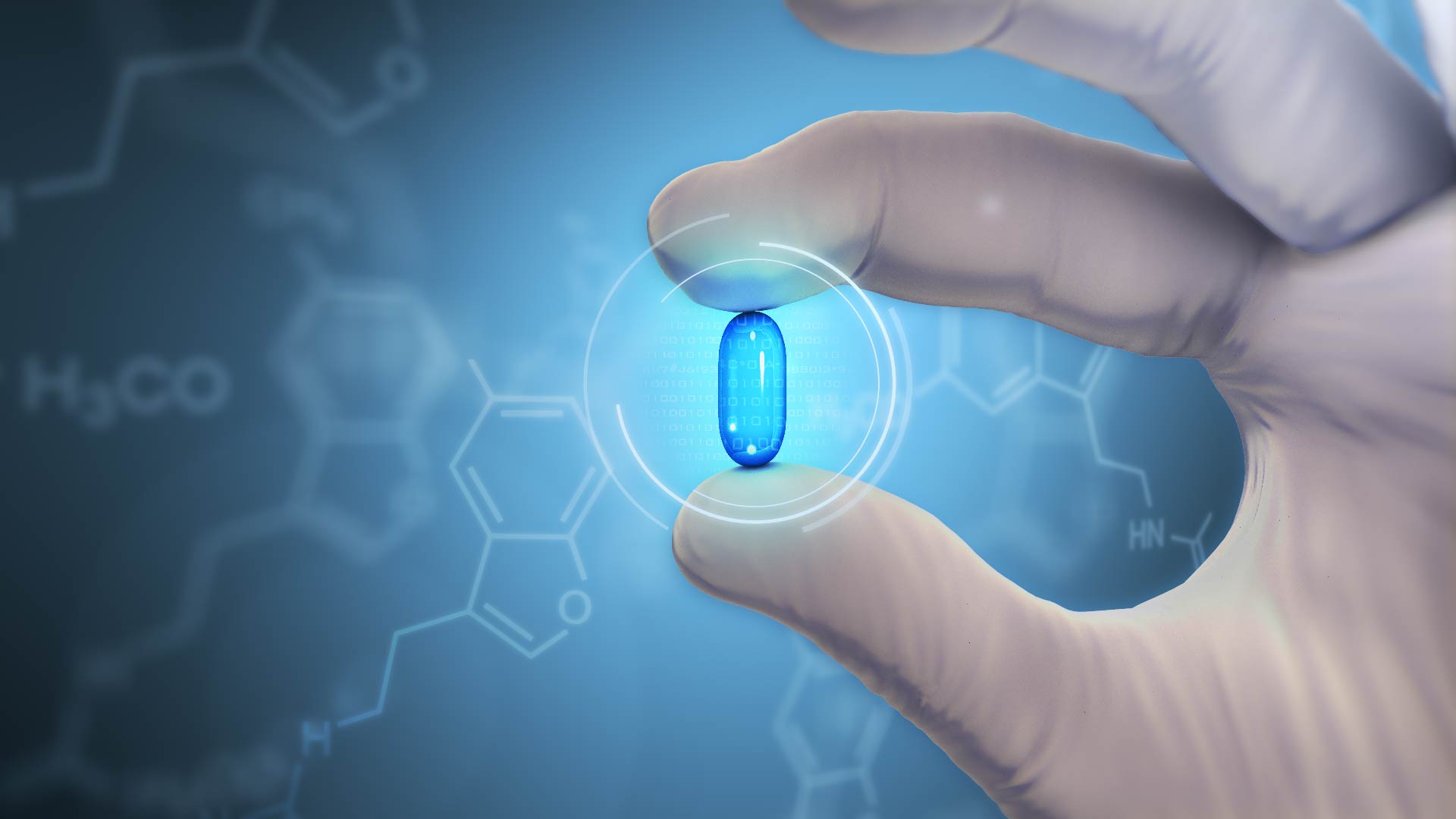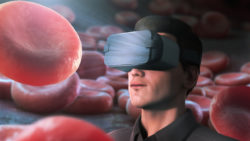
AI brings hope for pharmaceutical companies to help them find new medicines that are faster, cheaper and more likely to be effective.
In the past, drug companies have used artificial intelligence to examine chemistry—whether a drug might bind to a particular protein, for instance. But now the trend is to use AI to probe biological systems to get clues about how a drug might affect a patient’s cells or tissues.
Artificial Intelligence (machine learning in particular), has provided a much-needed dramatic shift in the R&D process of pharmaceutical industry, so that it can operate more efficiently and substantially improve success at the early stages of drug development.
Recognising patterns and sifting through vast amounts of data (genetic, metabolic, clinical) is important to identify the complex biological networks underpinning a certain disease, and hence, deliver more focussed solutions. Companies are harnessing the power of AI to understand data in real-time.
Where all it can help?
When it comes to the applications of AI and its uses in drug discovery, we are only just scratching the surface. But in spite of that, the technology is proving to be tremendously promising in terms of giving new mechanistic insights to disease and thereby helping to identify promising targets.
- To ‘read’ vast amounts of scientific data is perhaps the most obvious application of artificial intelligence in pharma. From maintaining patient records and samples to identifying patterns in the data to scientific hypotheses for drug development, AI seems to immensely important.
- In terms of compound design, the scope and augmentation that AI and machine learning give us will mean that we can tap into a much broader chemical space, in turn giving us a much wider and more varied chemical palette to better enable us to pick the best molecules for drug discovery.
- Adopting AI and machine learning approaches can benefit in selection of patients for clinical trials, early identification of efficacy and safety issues with compounds by companies, as well as building a strong, sustainable pipeline of new medicines.
- AI may even surpass doctors and radiologists. From liver disease to cancer and even psychosis and Schizophrenia, AI algorithms are changing the game in terms of disease diagnosis. Machines can now read the scans and imaging diagnostic tests to identify abnormalities. By analyzing what is going on within the human body, AI, together with big data, can predict problems even before doctors are able to detect any physical signs.
Some Prominent Examples
- PhysiScore, a system developed by a team led by Dr Daphne Koller and Dr Anna Penn of Stanford University, that predicts whether premature babies are likely to have health issues. It uses various data elements such as birth weight and gestational age, real-time heart rate, and its other close relatives like respiration rate, and levels of oxygen saturation. This is a task that human beings alone would never be able to manage.
- AtomWise have come up with a system called AtomNet which aims to streamline initial phase of drug discovery. It focuses on observing the interactions between different chemicals, which in turn determines the target molecules with ease. It may not carry out drug discovery, but the prediction of molecular behavior reduces a lot of manual work. AtomNet has already proven its merit by assisting in the creation of drugs for Ebola and Multiple Sclerosis.
Looks like artificial intelligence along with machine learning in healthcare will continue to impact disease prevention and diagnosis, extract more meaning from data across various clinical trials, help develop customized drugs based on an individual’s unique DNA and inform treatment options among other important things.

Medical Animation Companies are advancing in VR Technology
Medical animation companies have witnessed the natural development of medical simulation and science visualization from hand-drawn illustrations; to medical animation videos; to computer-empowered 3D medical animations. Since a long time now, Read More..








